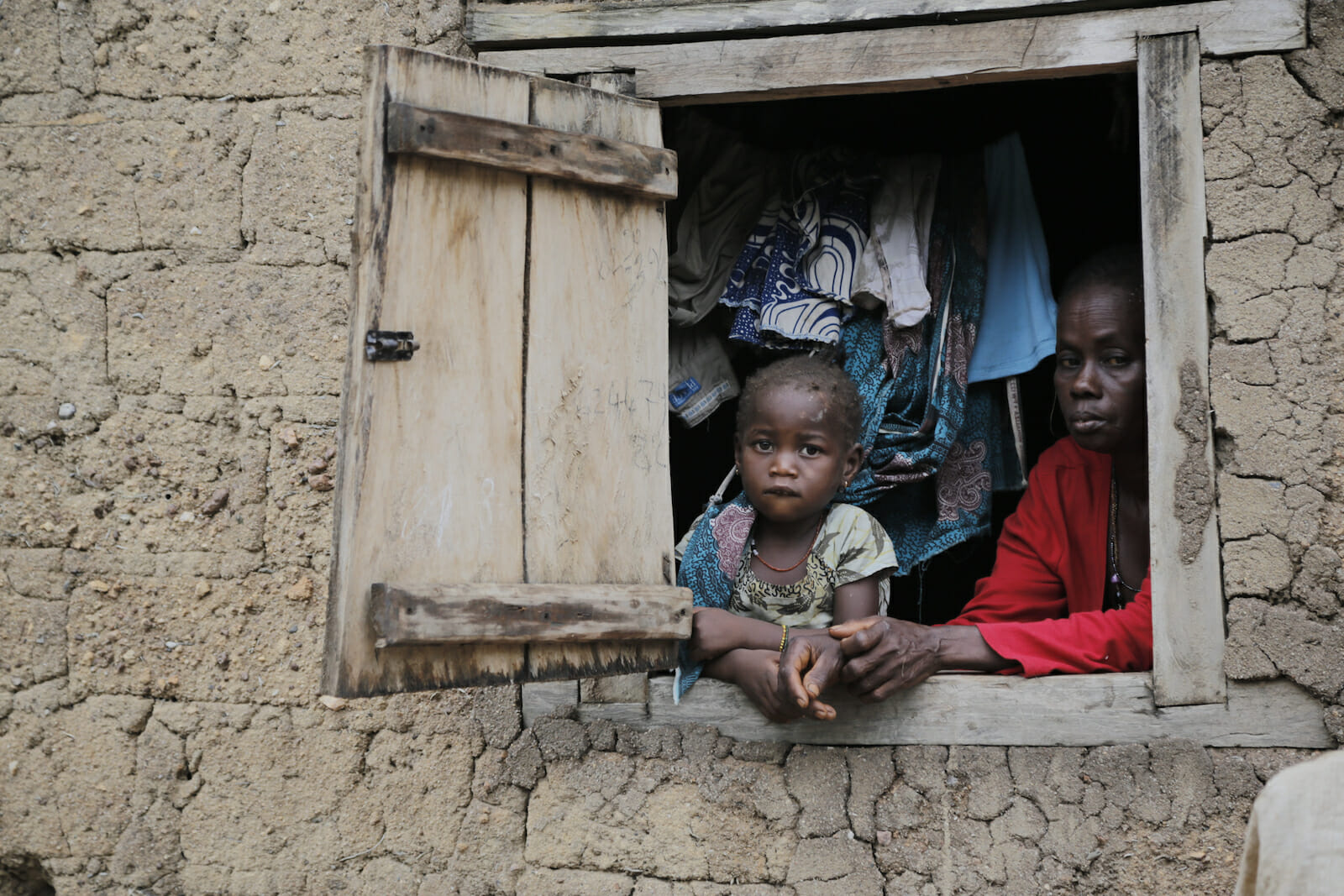
Health
Ebola Crisis: Africa Needs More Home-Trained Doctors
The Ebola epidemic dramatically illustrates developing countries’ dire need for their own home-educated health professionals. Since the disease is so dangerous, it is very difficult to recruit enough outsiders to treat and quarantine the sick. A significant number of health workers, including foreigners, have died from the disease. The mortality rate is 50 per cent for those treated and can be as high as 90 per cent for those not treated.
One of the worst parts of the crisis is that the countries affected are being abandoned. Several airlines have cancelled flights, non-governmental agencies are calling their personnel home, and neighboring countries have closed their borders. Consequently, even those doctors and nurses recruited by foreign charities have difficulty accessing the countries.
An example is Liberia, the country most affected, with more than 2,000 reported cases and 1,100 deaths, with many new cases a day adding to the total. Recently, the number of cases has doubled and there is a predication that it could reach as high as 10,000 cases with 5,000 deaths by mid-October, if the situation further deteriorates.
The Ebola epidemic has overwhelmed its health professionals. With four million people, Liberia has only 200 doctors and 1,500 nurses, most of whom are in and around the capital of Monrovia.
Ebola has spread throughout the country, including to remote hard-to-reach villages. And now the rainy season has started, making travel even more difficult and increasing the problem of getting aid to these villages. Because of the isolation of many villages, it is more than likely that the number of cases and deaths is much higher than reported, says the World Health Organization. Foreign health workers are ill-equipped to stem the tide of the epidemic in the countryside. They lack information about the local cultures – Liberia has 10 ethnic groups with their own languages – and the contacts necessary to gain access to the villages.
Ebola has now spread to Monrovia, with a population of well over a million. Most of Monrovia’s hospitals are closed, since the virus can survive on surfaces and spread by contact with them. People are desperate. There are reports of bodies being thrown in the streets and people hiding their symptoms to avoid quarantine. Even Monrovia, where most of Liberia’s health professionals are located, does not have enough resources to manage the crisis.
Some help has come to Liberia. Doctors Without Borders has sent health professionals and set up treatment centres, but it is too little to cope with the situation. It has established a 120 bed clinic in Monrovia and another in the northern part of the country. More help is coming. U.S. President Barack Obama put out a call to world leaders to assist countries effected by the epidemic. He said that the world “has the responsibility to act, to step up and to do more. The United States intends to do more.” But Liberia needs many times more beds and health workers than can be provided by foreign NGOs and countries like the United States and Canada.
As with most emergencies in developing countries, it is their health professionals that provide most of the care to their citizens. They are in a better position than the brave volunteers from foreign charities to manage a crisis, since they know the country’s customs, language, and are there for the long haul. However, one of the major problems faced by poor countries is the inadequate number of trained health workers.
There has been an under investment in higher education, in part by these countries, but mostly by developed countries’ governmental aid agencies and private foundations, which have concentrated on primary education and basic health. It is, however, impossible to have decent schools and health systems without having the teachers and health professionals to staff them, and these are educated in universities. And the universities should be located in the countries themselves. The practice has been to send most of the young people abroad to study for advanced degrees to countries like Canada. The problem is that most do not return, adding to the brain drain. There are more Ethiopian doctors in New York City than in Ethiopia.
A better approach is to assist developing countries improve their universities. There is a substantial demand from these countries for help to improve teaching, research and back office operations. Canada has many experts on all these areas, many of whom are generously willing to volunteer for assignments in developing countries. By improving the universities in the developing world, young people will be encouraged to stay at home, which will increase the chance that after they finish their education they will contribute to the development of their countries. And they will be there to assist when crises like the Ebola epidemic arise.
To help developing countries meet heart-rending emergencies like the Ebola epidemic, aid agencies and foundations should be encouraged to invest some of their funds in supporting the universities in the developing world so that more doctors and nurses can be educated at home. There lies the long term solution to crises like this one.

